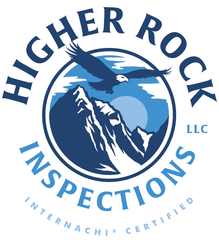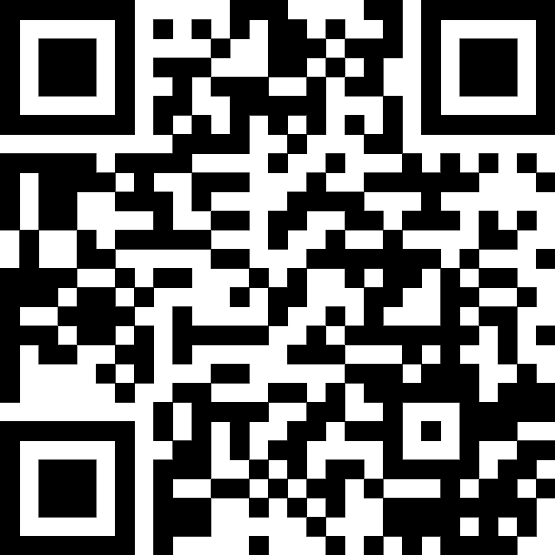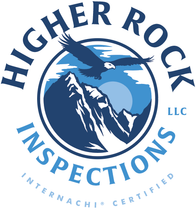My Professional Background
I am a Certified Professional Inspector® trained by InterNACHI*® — the International Association of Certified Home Inspectors — and a U.S. Navy veteran with over 30 years’ experience in the public and private sectors. I hold an undergraduate degree in Wildlife and Fisheries Science with a minor in Forestry from the University of Tennessee, Knoxville, and a graduate degree in Business Management and Leadership from Webster University in St. Louis, Missouri.
While serving in the Navy, I deployed on two 6-month deployments to the Persian Gulf during Operation Southern Watch. My military experience involved maintaining accurate equipment repair records and working as an electrician on F-14 fighter jets. These duties taught me attention to detail that enables me to spot defects in home systems, materials, installation, and workmanship that other inspectors might miss.
Over my career in public service spanning 22+ years, the vast majority of my experience has involved inspections and writing professionally as a Transportation Ecologist, Airport Biologist, and Rural Forester. Using a scientific approach to analyzing information helps me to accurately collect, interpret, and report findings during home inspections. My background in ecology also uniquely qualifies me to examine environmental features, surface drainage patterns and groundwater influence, vegetative growth near structures, moisture intrusion issues, etc., associated with your property.
My Qualifications
Work Experience
Over the course of my career, I have conducted thousands of reviews of infrastructure projects across Tennessee, worked with Georgia landowners developing forestry practices, addressed human-wildlife interactions at a Marine Corps Air Station, and have personally conducted hundreds of environmental inspections across Tennessee, Southwest Georgia, and coastal North Carolina.
I have written professionally my entire career and have significant experience serving as a liaison between federal, state, and private entities. I can help you navigate the complexities of a real estate transaction with a comprehensive home inspection and a report that you can rely on!
College Certifications
I received my professional home inspection training and certification through InterNACHI® School. The InterNACHI® School is the only home inspector school accredited by a national accrediting agency of the U.S. Department of Education (USDE) and is also a Member College of the National Association of Career Colleges (NACC) of Canada.
I also hold a Bachelor's Degree in Science and a Master's Degree in Business.
Standard of Excellence
I follow Tennessee's Standards of Practice (link below) which ensures that you receive a detailed and accurate home inspection. I also abide by a strict Code of Ethics, which puts your interests first and protects your rights as a customer.
In addition to the Continuing Education (CE) requirements by the State of Tennessee to maintain a home inspector's license, InterNACHI also requires the following of their professional inspectors:
- Complete 24 hours of CE every year.
- Abide by the InterNACHI® Code of Ethics.
- Maintain an Official Education Record.
- Pass the InterNACHI® Online Inspector Examination every three years.
- Substantially adhere to the InterNACHI® Standards of Practice that apply to the inspection service or adhere to the local standards required by law.
- Maintain an All-Access Membership at InterNACHI®



